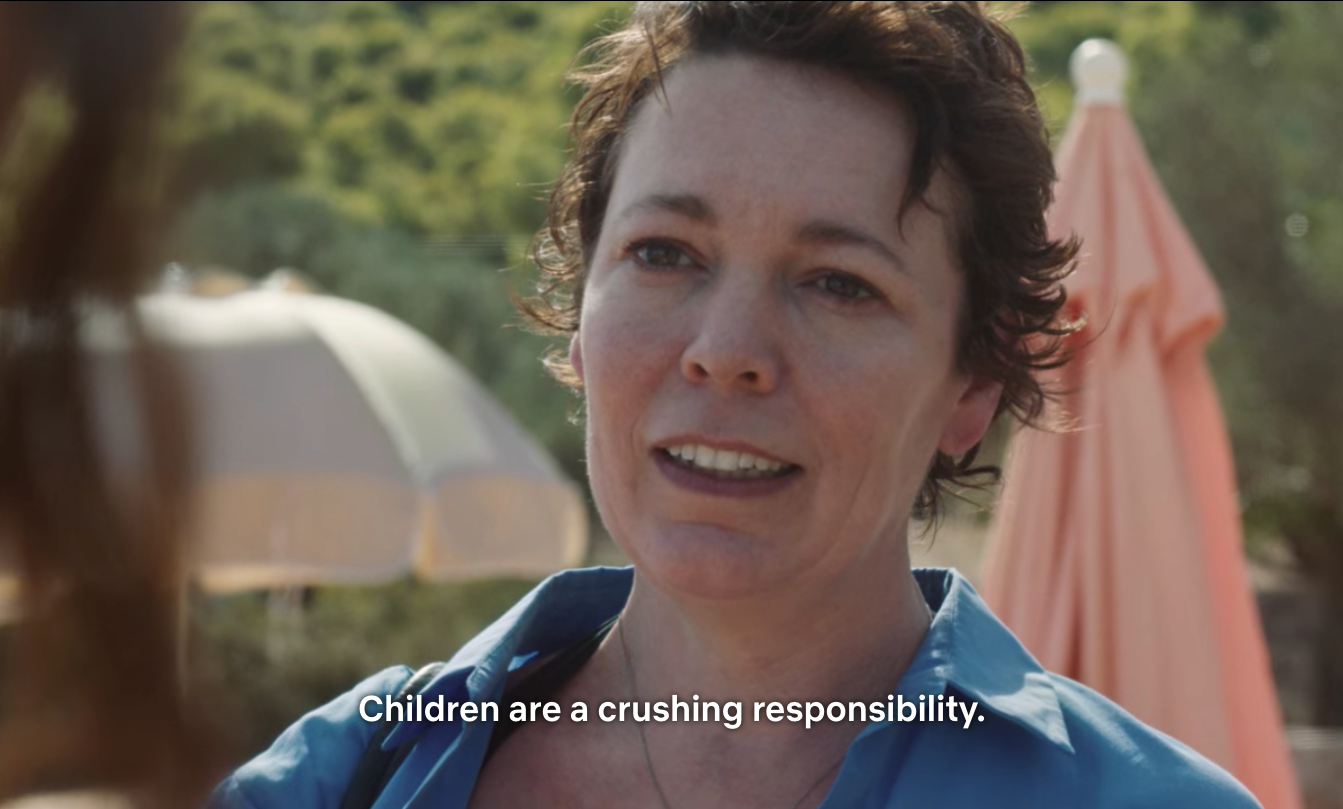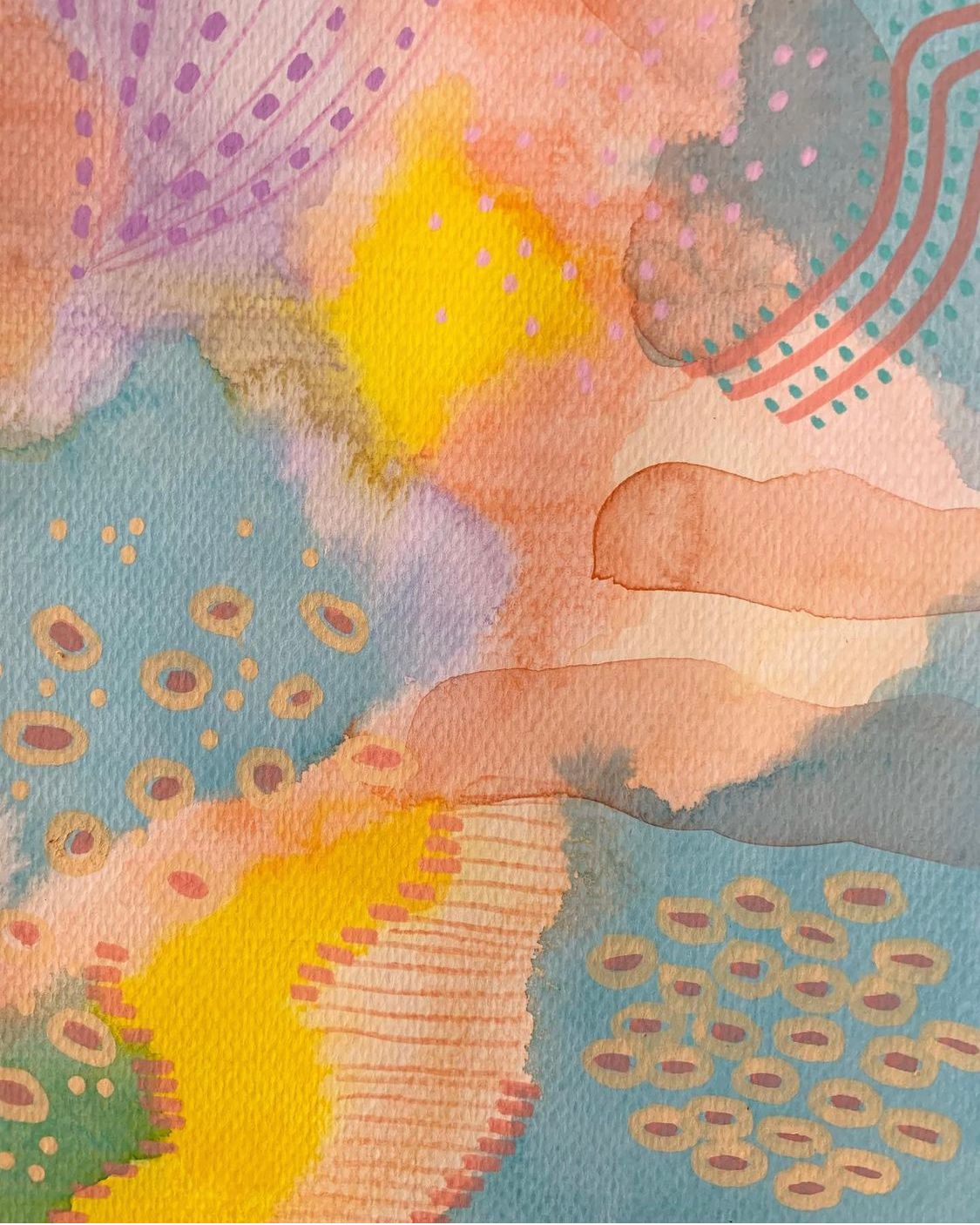"The Lost Daughter", by Elena Ferrante, published in Brazil in 2006, was the first book I read by the author and impacted me a lot at the time. When I found out that the adaptation of the book was already available on Netflix, I wanted to reread it, since I had read it a few years ago. Very correct decision. In addition to the experience, always rich, of finding a book again at another time in life (I comment on this here ), having the book fresh in memory shortened the gap we usually find when we see the movie based on a book. The translation from one language to another always implies losses, sometimes distortions.
The fact that I had everything very recent in my head allowed me to almost automatically fill in the spaces that remained in this conversion from written to image. And, of course, it also allowed me to observe how Maggie Gyllenhaal, director of the film, was quite faithful in her adaptation. Olivia Colman's performance, as expected, needs no comment. The book, narrated in the first person, appears in Colman's face, in his expressions and micro-expressions, in his voice, in his intonations, in his gestures and movements. How many subtleties.
One of the reasons why the film has mobilized so many comments is that it deals, above all, with motherhood. This alone is enough for it to yield a lot of cloth for sleeves. Added to this is the fact that Ferrante brings a realistic approach – sometimes too real – to motherhood. By realistic I mean what is now usually called "real motherhood", not romanticized.
Anyone who has had the opportunity to read the author's other books knows that this theme is dear to her. She shows what is most raw and even violent in the radical experience that motherhood can be. "The Lost Daughter" deals with the story of Leda, a woman in her 48s, separated, mother of two women aged 25 and 23. Leda is a university professor and will spend a few days at the beach, to rest and also work. There, he comes across a family, more specifically a young mother, whom he starts to observe every day. Seeing the relationship of this mother with her 5-year-old daughter triggers in Leda several memories, both from her place as a mother and from her place as a daughter. The story unfolds from the memories aroused as well as the interaction that is established between the protagonist, the young mother and her family.
If Elena Ferrante presents "the real" of motherhood, Leda herself represents it well, not only in terms of being a mother, but in life as a whole. Leda does not seek to be pleasant or please, she is transparent in her emotions and reactions. I have no intention of narrating the film, much less telling the outcome, but I highlight two scenes below.

In one of them, after a certain disagreement that occurred on the beach between Leda and the girl's family, the young mother's sister-in-law, who had been rude to her, apologizes and offers a piece of cake, starting a conversation with the protagonist. The sister-in-law is pregnant and asks if Leda has children, to which she replies that she has two girls. Leda also apologizes for earlier, says she was distressed, anxious, to which the woman says something like "The sun can do this and maybe your girls, be away from your daughters.". Leda replies, "Well, you'll see... Children are a huge responsibility." I am not a translator, and there must be reasons why this translation was made in the subtitles, but the expression used by Leda in the original draws my attention. She says "Well, you'll see... Children are a crushing responsibility". The adjective "Huge" doesn't account for the meaning that is achieved with "crushing", which has a heavier connotation, of crushing, of something devastating.
The other scene is when Leda, younger, wearing headphones, tries to work, and her husband is on the phone. The daughters begin to demand attention, crying. Her husband calls her, as if to say "Go look at them, I'm on an important call". She says "It's Sunday, it's your day" and goes back to work. Her husband touches her arm and insists that she attend to the girls, "I'm working." Leda replies "I'm suffocated" (in translation, the parallelism of gerunds in English is lost; "I'm working" and "I'm suffocating").
These two scenes seem to come together, presenting motherhood as this function that spreads out taking all spaces and can be, to use a synonym for "crushing" in English, "overwhelming", something that overwhelms, that exhausts.
Even though we live in a time when "real motherhood" already takes place, I think that Ferrante's writing and, here, the film based on her book - available on a major streaming service - have a very important function. They bring to light what is often not dared to say about this experience, what mothers do not feel authorized or legitimized to say because they will be judged; They show, without fear, the deep and laborious ambivalence of the maternal function. There is still a lot of ground to talk about the most distinct and singular experiences of what it is to be a mother, its beauties but also its hardships, without judgments, criticism and impositions of what this woman should be like, or rather, how these women should be.
That said, as an individual work, the film "The Lost Daughter" is beautiful, exciting, so often uncomfortable, uncomfortable, silent and simultaneously noisy.

